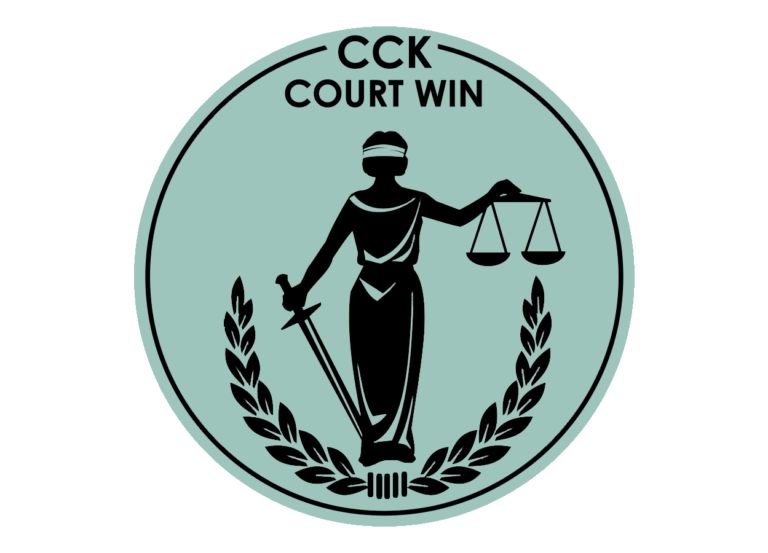Board’s Denial of Higher Rating for PTSD Failed to Consider All Evidence of Record

CCK Law: Our Vital Role in Veterans Law
Summary of the Case
The Board of Veterans’ Appeals denied the Veteran an increased rating for his post-traumatic stress disorder (PTSD) for the period prior to August 9, 2012. In doing so, the Board found that there was no evidence of impairment in family relations. The Board noted that the Veteran was remarried since 1998 and raised his daughter from a previous marriage. On appeal, CCK argued that the Board overlooked a number of key pieces of evidence pertaining to the Veteran’s relationships.
First, although the Board acknowledged that the Veteran lost custody of his daughter in 2003, it did not reconcile this fact with its finding concerning family relations. Second, the Board failed to address the fact that his parents took out a restraining order against him following an incident with them. Third, the Board failed to address that he spent a few days in jail after an altercation with his stepson. Despite this evidence of record, the Board denied a higher rating for PTSD citing no evidence of impairment of family relations.
What Happens if a Veteran Receives a Board Denial?
If the Board denies a veteran benefits, the veteran may be able to appeal the denial to the Court of Appeals for Veterans Claims (CAVC). CAVC is a federal court located in Washington, D.C. that handles questions of the application of law. While CAVC in most cases is not able to outright grant a veteran benefits, they can instruct the Board to readjudicate a veteran’s case if they find that the Board committed a legal error in their denial.
Court finds Board committed error in denial of higher rating for PTSD
CCK appealed the Veteran’s Board denial for an increased rating for PTSD to the Court. The Court agreed with CCK’s argument that the Board erred in not addressing this evidence when determining the need for a higher rating. The Court remanded the case back to the Board for readjudication, and instructed the Board to issue a new decision in which it weighed this evidence.
About the Author
Share this Post
